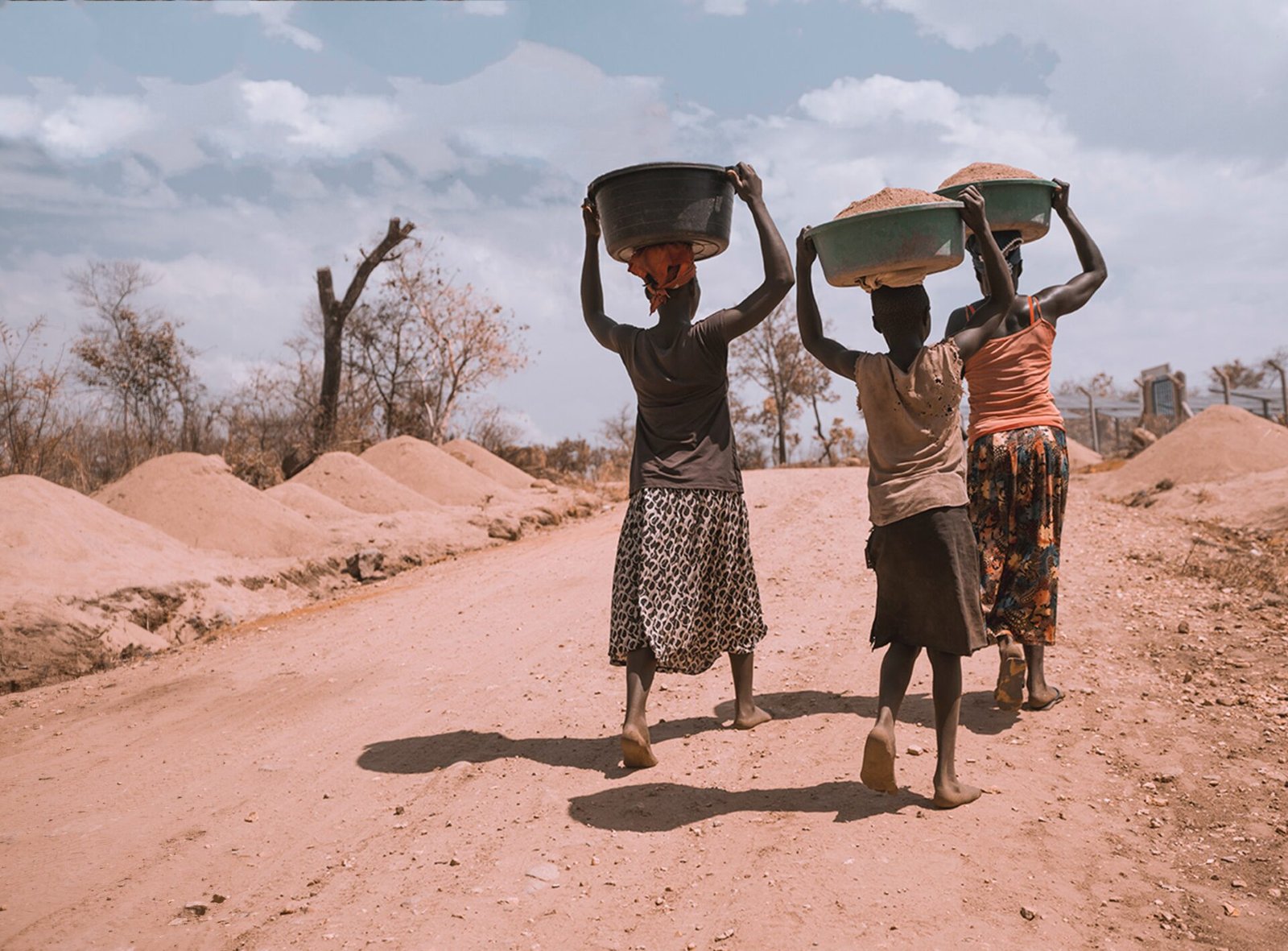
by Jakob Staubmann
The Paradox of Poverty in Africa
Africa, often referred to as the ‘cradle of civilization,’ is a continent blessed with abundant natural resources and diverse cultures. However, it is also a continent that grapples with high levels of poverty, especially among its children. This paradox raises questions about why African countries, despite their vast wealth, struggle to uplift their citizens from poverty.
One of the key reasons for this disparity is the historical exploitation of Africa’s resources by external powers. Colonialism, which lasted for centuries, left African nations with a legacy of economic dependency and unequal trade relationships. As a result, many African countries continue to face challenges in harnessing their resources for the benefit of their own people.
Addressing the Imbalance
It is essential to find a way to bridge the gap between African and Western interests to create a more equitable relationship. This requires a collaborative effort from both sides, with African nations asserting their sovereignty and Western nations recognizing the need for fair trade practices.
One potential solution is for African countries to take control of their natural resources and establish stronger regulations and partnerships with international companies. By doing so, they can ensure that the wealth generated from their resources is reinvested in local communities, education, healthcare, and infrastructure.
Challenges and Opportunities
However, such a transition will not be without its challenges. Big companies that have long benefited from Africa’s resources may resist these changes, fearing a loss of profits. Additionally, the West may be reluctant to relinquish its influence and economic power in the region.
Nevertheless, the growing discontent among African citizens and the rise of social movements demanding economic justice suggest that change is on the horizon. The youth in Africa, who face limited opportunities and high levels of unemployment, are increasingly questioning the status quo and advocating for a fairer distribution of wealth.
The Road to Economic Empowerment
As African nations strive for economic empowerment, it is crucial to also address the issue of immigration. Many young Africans are compelled to migrate to the West in search of better opportunities and a higher standard of living. This brain drain further exacerbates the economic challenges faced by their home countries.
However, if African nations can create an environment that fosters innovation, entrepreneurship, and job creation, it will reduce the incentives for young Africans to leave their homelands. This requires investment in education, vocational training, and the development of sustainable industries.
The Future of Africa
While the road ahead may be challenging, there is hope for a brighter future in Africa. The continent’s rich resources, combined with a growing sense of agency among its people, provide the foundation for economic transformation.
By addressing the historical injustices, fostering collaboration between African and Western nations, and investing in the potential of its youth, Africa can unlock its full potential and create a prosperous future for its citizens. by Dr. Jakob Staubmann, Chairman
